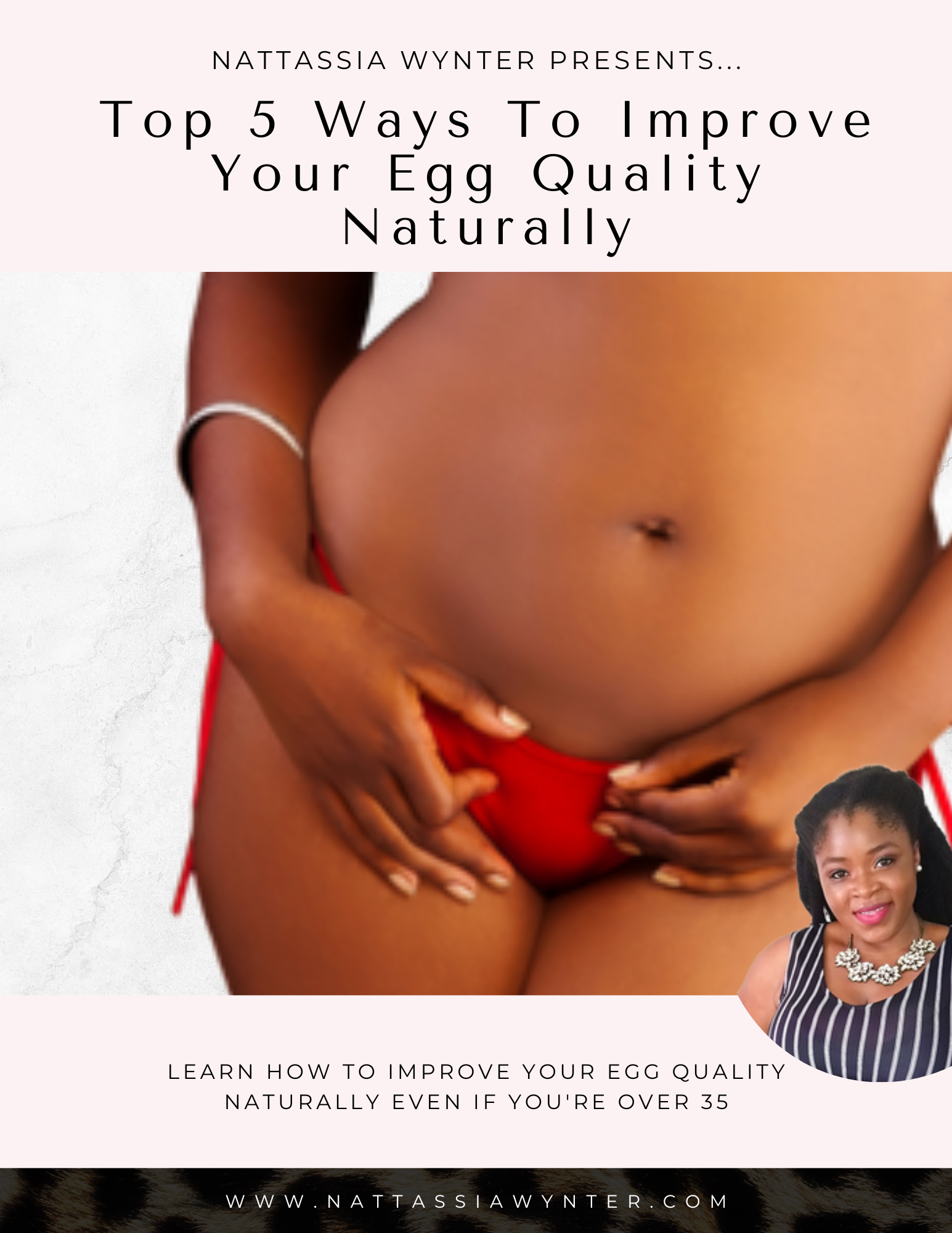Due to a lot of stereotypes about Black women and misconceptions about egg fertility, many Black women may not consider their fertility until it is too late. Having children at a youthful age is something that our ancestors understood very well. That is because they knew that Black fertility rates decrease with age. Today we are faced with a lot of challenges regarding Black Fertility, but here are some key fertility points to consider.
Fertility Myths
There are many stereotypes about Black women’s fertility and sexuality that don’t benefit us in any way. Some of the main fertility myths is that Black women do not have fertility issues, have too many babies and are too sexually active. These myths about Black women stem from slavery and the agenda to decrease the Black population by decreasing the Black birth rate. The downplaying of infertility among Black women contributes to many Black women feeling ashamed, insecure and inadequate when they don’t live up to these stereotypes. As a result many Black women may even try to prove society wrong by intentionally delaying pregnancy only to find out that you cannot get pregnant as easily as you may have thought.
Young Mothering
The reality is that women are born with about 1-2 million immature eggs. But by puberty that number decreases to about 400,000. So younger mothers will have more fresh healthy eggs to play with. Also, younger mothers may bond more with their children because they may share many of the same interests due to their close age, energy and outlook on life. Not only that the younger you are as a woman the healthier your eggs likely will be meaning that you will have healthier offspring. The bonus is that because of your close ages, your children will likely also be more emotionally balanced. And the younger you have children the better chances of increasing the now declining Black birth rate again.
Delayed Parenting
Although ‘Black don’t crack’, you probably don’t want to take any chances when it comes to fertility. Especially since you loose 1000 eggs each menstrual cycle in addition the to 400,000 eggs lost up until puberty. If you aren’t eating, living and thinking right, you could be loosing even more. Even though we are now seeing a lot of older Black women who are pregnant, egg health tends to decrease once a woman reaches 35yrs old. So it is likely to that the health of a child born to older women decreases also. To add to that the amount of healthy eggs may decrease also. So now you have more eggs prone to poor health, less healthy eggs that if fertilized by sperm from a man that may also be older can result in a child that has more health challenges. All thanks to the stereotypes and misconceptions about Black woman and fertility.
So don’t fall for the hype or believe in the false narrative about Black women as far as fertility and egg health is concerned. You should never feel ashamed for not living up to a false narrative about your race or fertility. Give yourself the best chances of concieving by not necessarily delaying or offsetting pregnancy if you really don’t have to. If you aren’t prepared to deal with pregnancy now, imagine how much harder it can be as an older sister with a child that may need more special attention especially if you haven been eating healthy and taking care of you body in your younger years.




0 Comments